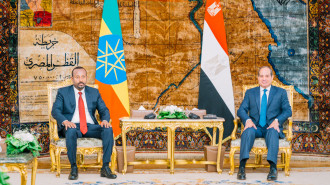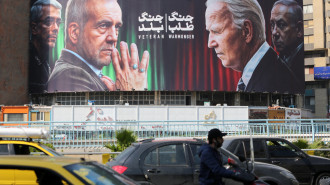Seeking 'any solution' for Syria
On Monday, a number of Syrian opposition figures began meeting in Moscow. While they do not reflect the full opposition movement, they at least represent a segment fed up with the conflict willing to do "anything" to end it.
There have been questions about the mechanism Moscow had followed in choosing participants. There is also a sense of resentment over the Syrian regime's weak representation at the meeting, as voiced in particular by the National Coordination Body for Democratic Change.
The body's members do not expect much would be achieved other than handing over a communique to the regime's delegation, after they - as they hope - agree a joint document with other participants without engaging in negotiations with the regime's representatives.
But the notion of "doing anything" is something that the participants in the Moscow meeting disagree over.
Some understand it to mean an alliance or coordination with the regime as the representative of the Syrian state in its war against "terrorism", after the regime agrees to modify some aspects of its behaviour that have deepened the crisis. The underlying idea is that the crisis in the country requires concerted efforts by all sides to be resolved.
While most at the meeting believe regime action is a major cause of the crisis, some acknowledge that co-operation with the regime is unavoidable to rescue the country.
The parties that demand the Syrian regime to change its behaviour voice the same demands of national democratic forces ignored by the regime since the death of Hafez al-Assad in 2000. The demands include, primarily, the release of political prisoners, more freedom and a transition to democracy.
| While most at the meeting believe the regime is a major cause for the crisis, some acknowledge that co-operation with the regime is unavoidable. |
Meanwhile, there are disagreements over whether a transitional government should have "broad" powers or "full powers".
There are also differences over whether the "war on terrorism" should only be against "extremists" in the revolution, such as the Islamic State group (IS, formerly known as Isis), or whether it should also address extremists within the regime - with some in Moscow likening the killing of Syrian civilians by regime forces to those carried out by insurgent groups.
Syrian figures attending the Moscow meeting believe that the recent agreement made at the Cairo consultative meeting - to restructure the army - means accepting the army as an institution that would preserve and protect the state without being held criminally responsible for what is now taking place in Syria.
To them, the idea also means a shift that would produce a formula for assimilating army defectors and isolating those who intend to continue down the path of violence.
There is a total absence of representatives from the Syrian National Coalition at the talks in Russia. The invitees appear hand-picked by Moscow, in coordination with Qadri Jamil, the former deputy prime minister in Syria and the head of the Change and Liberation Front who lives in Moscow, according to reports.
The Moscow meetings are being attended by members of the NCC, the Change and Liberation Front, the National Action Committee, the Tribal Council and the National Call Forum.
There were also members of civil society and representatives from Syrian political parties licensed by the regime to operate.
The opposition talks take place before a meeting with the regime delegation on January 28. Syria's permanent representative to the UN, Bashar al-Jaafari, is leading the regime delegation, which also includes Deputy Foreign Minister Ahmad Arnous and Syria's ambassador to Moscow, Riad Haddad.
This is an edited translation from our Arabic edition.

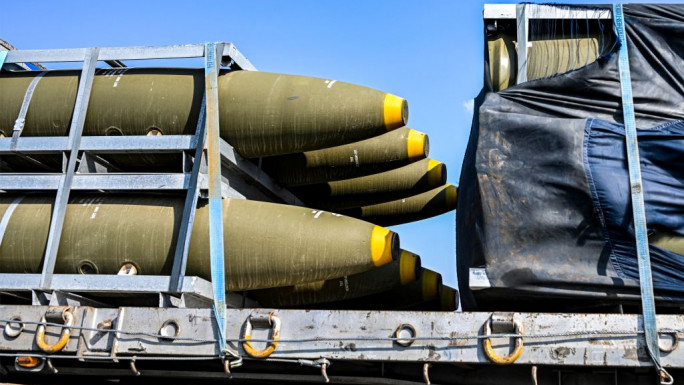
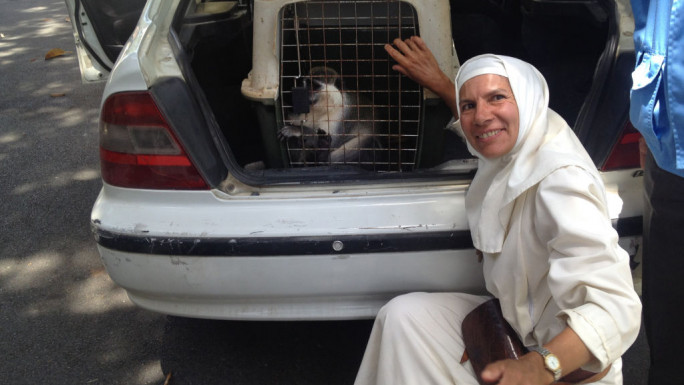
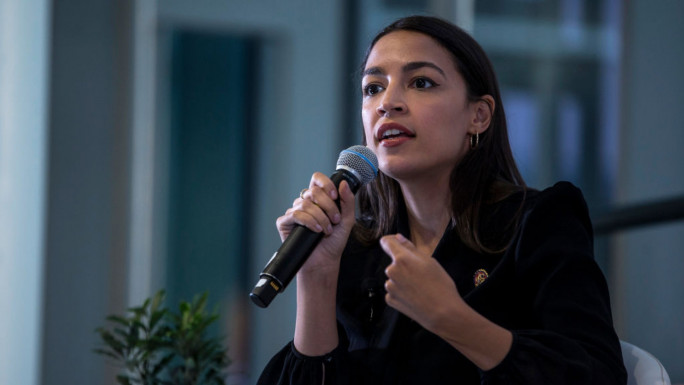
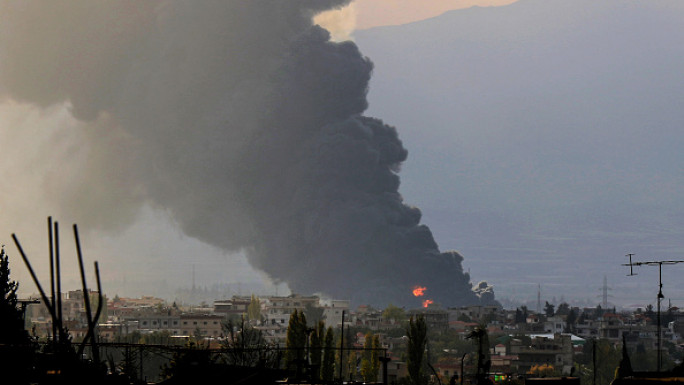
 Follow the Middle East's top stories in English at The New Arab on Google News
Follow the Middle East's top stories in English at The New Arab on Google News
